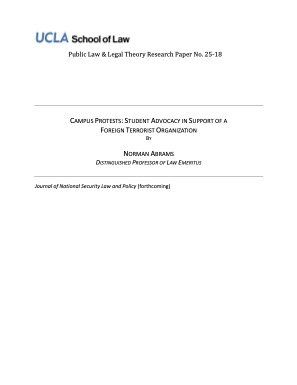By Aleksandar Srbinovski | Trpe Stojanovski
Ever since Russia’s full-scale invasion of Ukraine, there has been concern that the conflict may act as a source of illegal arms flows into Europe, following the pattern of the Balkan conflicts in the 1990s. To be sure, the risk is significant. The conflict in Ukraine is the most protracted mechanized war in Europe since the Second World War, and materiel of all descriptions has flooded into the battlefield. There are now millions of unregistered weapons circulating in civilian Ukraine, many of which are trophy weapons collected from the battlefield, and the situation is similar in Russia, which has seen a spike in gun-related violence in regions adjoining the occupied territories.1 The prospect of these weapons falling into the hands of organized criminals in Europe and beyond is a major risk to countries’ internal security. But with this heightened attention there is a danger of tunnel vision. The conflict in Ukraine is only one risk among many. The illicit firearms market in Europe is diverse, with multiple sources, paths to market and types of weaponry for sale; from Soviet-era stockpiles to cutting-edge 3D-printed guns. This report maps out the illicit firearms dynamics in three countries to the south-east of Europe – gateways for illicit weapons into the EU and elsewhere but which have distinct ecosystems in their own right – Türkiye, Greece and Bulgaria. For organized crime, these three countries serve multiple purposes: transit routes, consumer markets and points of origin for a variety of illicit flows along the so-called ‘Balkan route’. In recent decades, the flow of illicit drugs (particularly heroin) and migrants through these countries has dominated global headlines, especially in light of the conflicts in Afghanistan, Syria and Iraq. But the movement of illegal firearms – and their threat to Europe – has been little discussed in comparison. The one exception is the issue of gas guns originating from Türkiye, which have grown in popularity among criminals in Europe because they are cheap and low risk to transport as legal unconverted weapons.2 Close to the point of sale they can be converted into lethal firearms. But as this report makes clear, converted gas and blank guns are just one issue among many in the region, each with their own criminal dynamics. This report considers the illicit arms markets of each country and how they are interconnected. This analysis is intended to complement two previous reports, ‘Smoke on the horizon’, which described trends in arms trafficking in Ukraine and assessed the marketplace for illicit weapons in Europe, and ‘Tomorrow’s fire’, which mapped how arms trafficking in Europe may develop depending on the outcome of the Ukraine conflict.3 Taken together, these three reports provide a holistic view of how the European illicit firearms market interacts with its south-eastern flank, and how it may evolve in the future. This report highlights how complex the illicit arms markets are in Bulgaria, Greece and Türkiye, and the cultural, criminal and political factors that must be taken into consideration in assessing the risk. It also spotlights the responses that these countries have formulated, including through international forums and joint operations. Finally, the report offers a series of recommendations that aim to integrate analysis of the region into the broader picture of European threats.
Geneva: Rhw Global Initiative Against Transnational Organized Crime (GI-TOC) 2025. 49p.





















